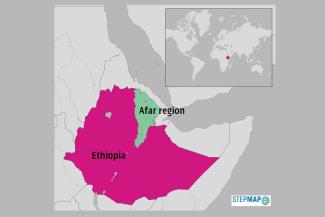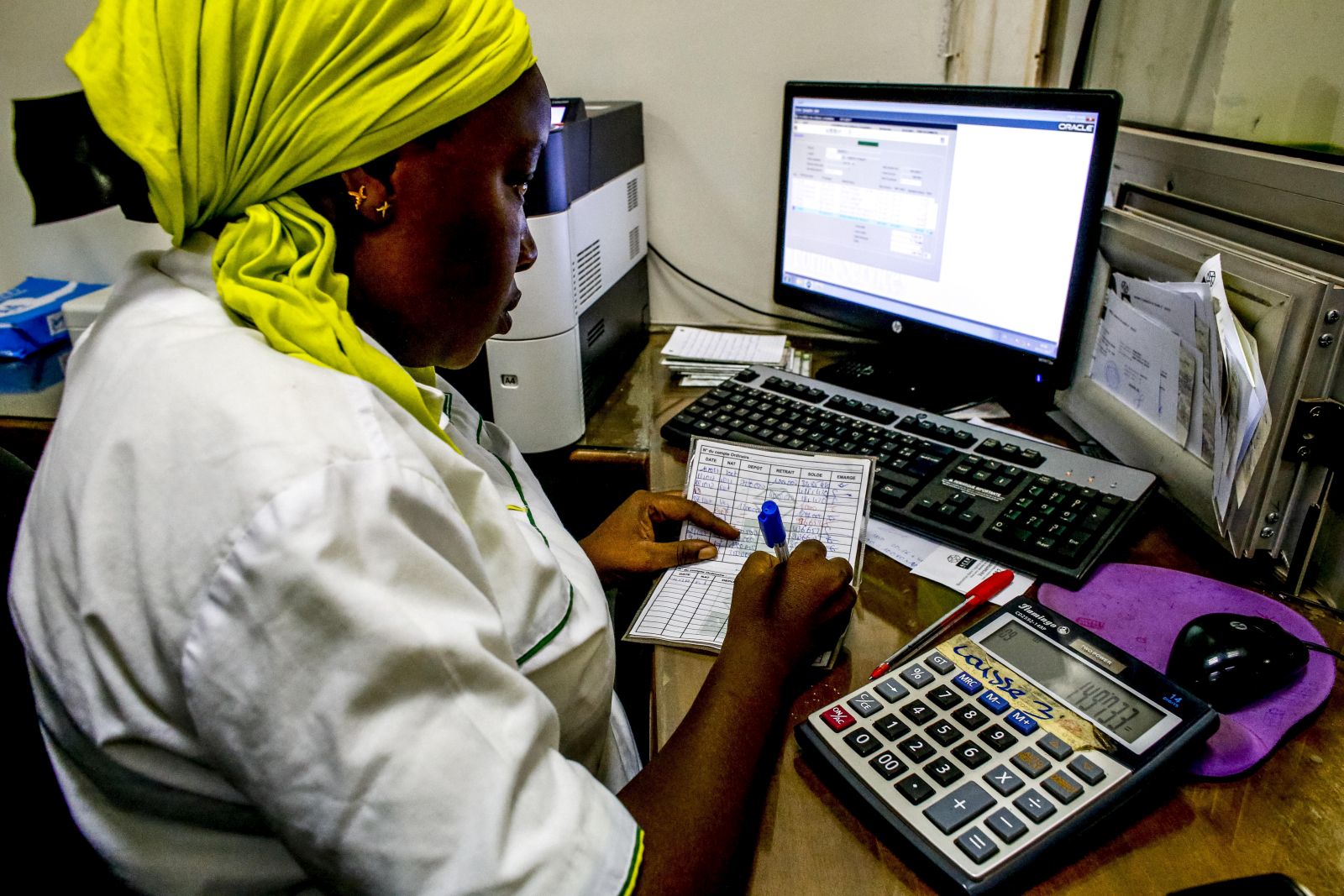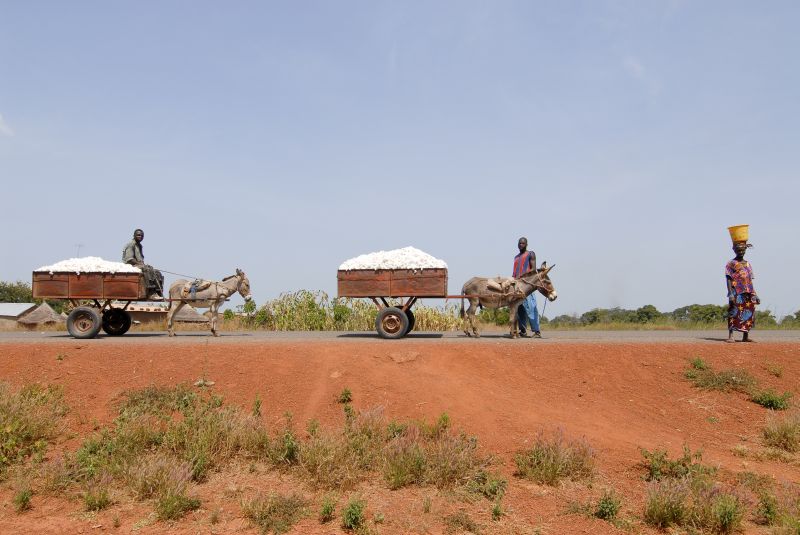Paramedics
Innovative voucher scheme

Considering these challenges, a voucher system was developed. It helps to get animals treated in time before a drought occurs and is designed to fit the needs of vulnerable members of rural communities. To reach out to them, the system relies on other community members, non-governmental organisations, government agencies as well as on CAHWs and the vendors of veterinary drugs.
To manage the scheme, emergency animal-health intervention committees have been established. They include community elders, local authorities and key stakeholders. The committees select the vulnerable households that benefit from the programme. The households are given vouchers worth the equivalent of about € 15, thus allowing them to pay for services provided by CAHWs.
The CAHWs have all been trained according to the national guidelines. VSF Germany makes sure they take refresher courses and trains them in how the voucher scheme works. CAHWs are helped to buy an initial bulk of common veterinary drugs from a private-sector veterinary pharmacy which is cooperating with VSF Germany. They use the drugs to treat vulnerable households’ herds and are paid with vouchers, which they can cash in at the pharmacy. About 20 % of the money covers the CAHWs’ service, and 80 % is the cost for the medication.
To get the system started, several things need to be done:
- The system is initially planned in cooperation with woreda (district) officials and people from the beneficiary communities.
- On this basis, the kebeles (wards) for intervention are chosen.
- A memorandum of understanding is agreed between VSF Germany and a local veterinary pharmacy, spelling out the quantity, quality and type of drugs needed.
- An animal-health committee is established which selects beneficiaries in a participatory process.
- CAHWs who have been trained according to the national guideline and standard are invited to refresher courses and are informed about the voucher system.
- The selected households are made aware of the animal-health services and their relevance.
- The households get vouchers to pay for services they require.
- VSF Germany monitors the programme and supervises CAHWs in collaboration with a government veterinarian.
Once everything is in place, poor households are in a position to buy services they could previously not afford.
In some very remote woredas, VSF Germany is taking the same approach even though there is no local private pharmacy. In those places, the woreda administration steps in to fulfil the pharmacy’s tasks. In general, however, it has proven better to cooperate with private veterinary pharmacies because doing so is less cumbersome and more sustainable, as a local pharmacy, once established, will continue to provide drugs for herders.
Since 2012, VSF Germany has trained and engaged 126 CAHWs, who have treated almost 800,000 animals in the Afar region, relying on the voucher scheme. Funding was provided by the UN Office for the Coordination of Humanitarian Affairs (UNOCHA) and the EU Humanitarian Aid and Civil Protection department (ECHO). The system is improving the livelihoods of poor households and supporting their resilience. (gr/et/nb/ch)













